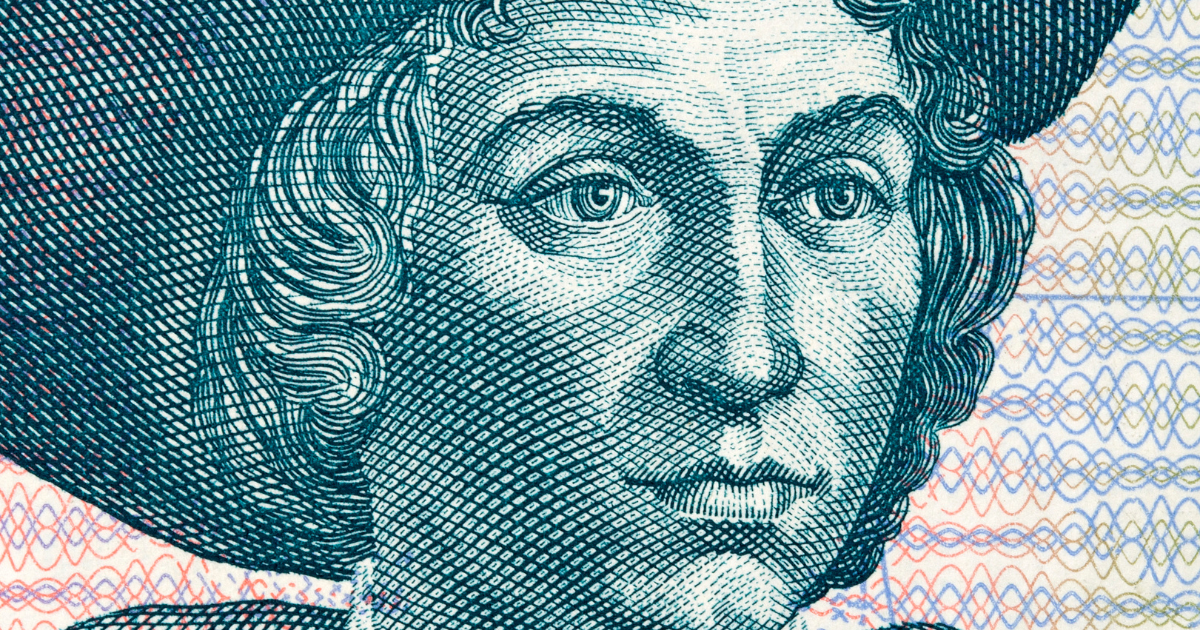
Cigars have a rich and intriguing history that spans centuries and cultures. The exact origins of cigars are somewhat uncertain, but it’s believed that the first cigars were created in the Caribbean region during the 10th century. The indigenous people of the Caribbean, like the Taínos and Arawaks, were known to smoke tobacco by rolling leaves, which may have led to the creation of cigar-like forms. However, it was after Christopher Columbus’ arrival and subsequent colonization of the Americas that cigars started to take on their modern shape.
Spanish conquistadors were among the first to discover the smoking habits of the Caribbean’s native peoples and began developing tobacco plantations in the region. By the 16th century, tobacco had become a major commodity in Europe and cigar smoking had become a popular pastime among the wealthy.
Cigars gained even more popularity in the 18th and 19th centuries, with major cigar-making centers developing in countries like Cuba, the Dominican Republic, and Honduras. Today, cigars remain a cherished indulgence for many people worldwide, with a rich cultural heritage and a devoted community of enthusiasts who appreciate the art and craft of cigar-making.
